Related Research Articles
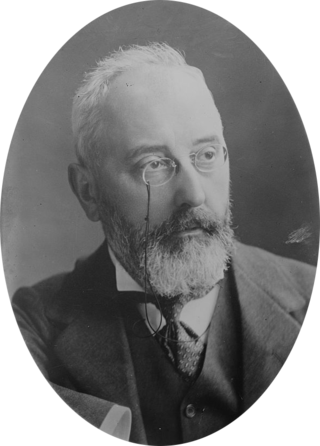
Timothy Michael Healy, KC was an Irish nationalist politician, journalist, author, barrister and a controversial Irish Member of Parliament (MP) in the House of Commons of the United Kingdom of Great Britain and Ireland. His political career began in the 1880s under Charles Stewart Parnell's leadership of the Irish Parliamentary Party (IPP) and continued into the 1920s, when he was appointed as the first governor-general of the Irish Free State.
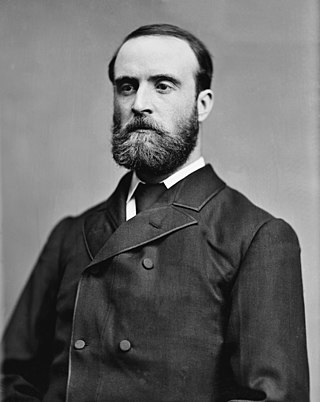
Charles Stewart Parnell was an Irish nationalist politician who served as a Member of Parliament (MP) in the United Kingdom from 1875 to 1891, Leader of the Home Rule League from 1880 to 1882, and then of the Irish Parliamentary Party from 1882 to 1891, who held the balance of power in the House of Commons during the Home Rule debates of 1885–1886. He fell from power following revelations of a long-term affair, and died at age 45.
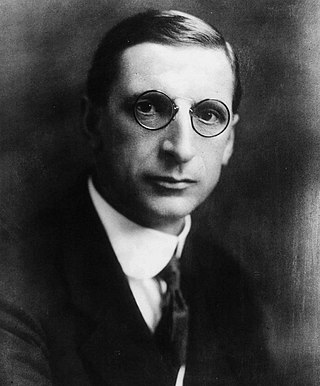
The Irish component of the 1918 United Kingdom general election took place on 14 December 1918. It was the final United Kingdom general election to be held throughout Ireland, as the next election would happen following Irish independence. It is a key moment in modern Irish history, seeing the overwhelming defeat of the moderate nationalist Irish Parliamentary Party (IPP), which had dominated the Irish political landscape since the 1880s, and a landslide victory for the radical Sinn Féin party. Sinn Féin had never previously stood in a general election, but had won six seats in by-elections in 1917–1918. The party had vowed in its manifesto to establish an independent Irish Republic. In Ulster, however, the Unionist Party was the most successful party.
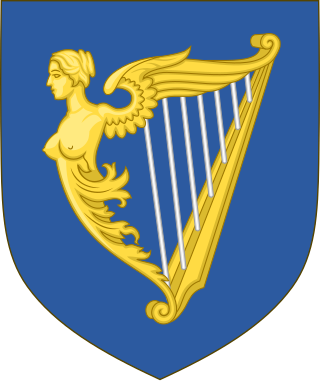
The Home Rule League (1873–1882), sometimes called the Home Rule Party, was an Irish political party which campaigned for home rule for Ireland within the United Kingdom of Great Britain and Ireland, until it was replaced by the Irish Parliamentary Party. The Home Rule Confederation of Great Britain was a sister organisation in Great Britain.
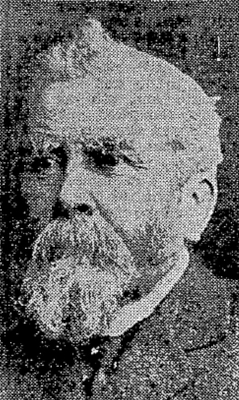
John Sweetman was an Irish nationalist politician who served as an Anti-Parnellite Irish National Federation Member of Parliament (MP) in the 1890s, but later radicalised. He was one of the founders of Sinn Féin and was the party's president from 1908 to 1911.
Abstentionism is the political practice of standing for election to a deliberative assembly while refusing to take up any seats won or otherwise participate in the assembly's business. Abstentionism differs from an election boycott in that abstentionists participate in the election itself. Abstentionism has been used by Irish republican political movements in the United Kingdom and Ireland since the early 19th century. It was also used by Hungarian and Czech nationalists in the Austrian Imperial Council in the 1860s.

Joseph Devlin was an Irish journalist and influential nationalist politician. He was a Member of Parliament (MP) for the Irish Parliamentary Party in the House of Commons of the United Kingdom. Later Devlin was an MP and leader of the Nationalist Party in the Parliament of Northern Ireland. He was referred to as "the duodecimo Demosthenes" by the Irish politician Tim Healy which Devlin took as a compliment.
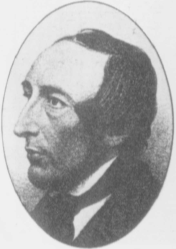
John Martin was an Irish nationalist activist who shifted from early militant support for Young Ireland and Repeal, to non-violent alternatives such as support for tenant farmers' rights and eventually as the first Home Rule MP, for Meath 1871–1875.
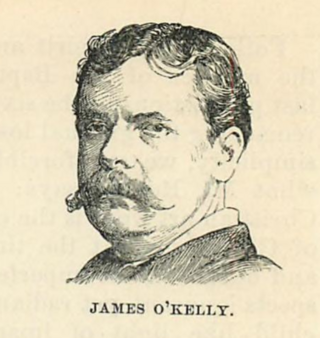
James Joseph O'Kelly was an Irish nationalist journalist, politician and member of the House of Commons of the United Kingdom of Great Britain and Ireland and as member of the Irish Parliamentary Party represented the Roscommon constituency between 1880 and 1916.
Graham Geraghty, is a former Gaelic footballer who played at senior level for the Meath county team. While still an inter-county player, he stood for the Fine Gael political party at the 2007 Irish general election; he was not elected.

John Vance was a Conservative MP for Dublin City from 1852 until his defeat in 1865. He was later elected unopposed for Armagh City and represented the constituency from 30 June 1867 until his death.
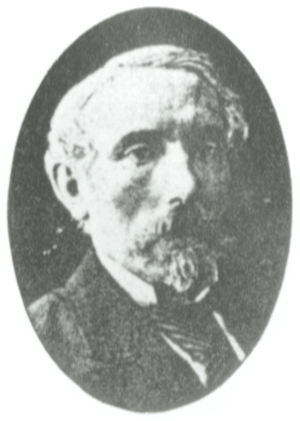
Patrick James Smyth, also known as Nicaragua Smyth, was an Irish politician and journalist. A Young Irelander in 1848, and subsequently a journalist in American exile, from 1871 he was an Irish Home Rule Member of the United Kingdom Parliament for Westmeath and from 1880 for Tipperary.
Edward Sheil was Irish nationalist politician. He was a Member of Parliament (MP) for Athlone from 1874 to 1880, for Meath from 1882 to 1885, and for South Meath from 1885 to 1892, taking his seat in the House of Commons of the United Kingdom of Great Britain and Ireland.

Sir Richard Biddulph Martin, 1st Baronet was an English banker and Liberal Party politician.
Henry Shafto Harrison was a 19th-century Member of Parliament in what was then called "Wanganui", New Zealand.
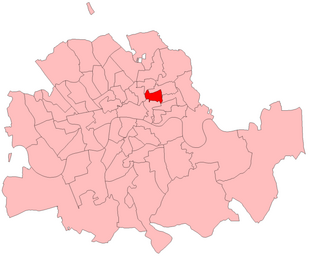
The 1914 Bethnal Green South West by-election was a Parliamentary by-election held on 19 February 1914. The constituency returned one Member of Parliament (MP) to the House of Commons of the United Kingdom, elected by the first past the post voting system.
The 1871 Limerick City by-election was fought on 20 September 1871. The byelection was fought due to the death of the incumbent Liberal MP, Francis William Russell. It was won by the Home Rule League candidate Isaac Butt, who was unopposed. The gain was retained by the Home Rule League at the 1874 general election.
The 1875 Kilkenny City by-election was fought on 28 April 1875. This arose due to the death of the incumbent Home Rule MP, John Gray.
The 1875 Meath by-election was fought on 17 April 1875. The by-election was fought due to the death of the incumbent Home Rule MP, John Martin. It was won by the Home Rule candidate Charles Stewart Parnell.
Robert Henry Metge was an Irish Home Rule League politician. He was born in Athlumney, Co Meath, the son of John Charles Metge and Eliza Ibbetson Cole of Navan, Co Meath.